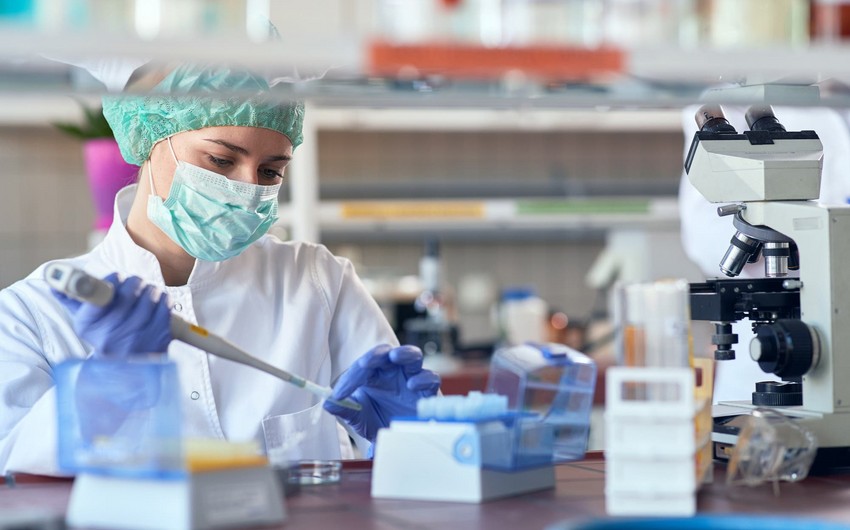Researchers at the University of Pittsburgh School of Medicine describe a new method to extract tiny but compelling SARS-CoV-2 antibody fragments from llamas, which could be fashioned into inhalable therapeutics with the potential to prevent and treat COVID-19, Report says, citing the Science journal.
These particular llama antibodies, called “nanobodies,” are much smaller than human antibodies and many times more effective at neutralizing the SARS-CoV-2 virus. They’re also much more stable.
“Nature is our best inventor,” said senior author Yi Shi, Ph.D., assistant professor of cell biology at Pitt. “The technology we developed surveys SARS-CoV-2 neutralizing nanobodies at an unprecedented scale, which allowed us to quickly discover thousands of nanobodies with unrivaled affinity and specificity.”
Shi and colleagues immunized the llama with a piece of the SARS-CoV-2 spike protein and, after about two months, the animal’s immune system produced mature nanobodies against the virus.
Using a mass spectrometry-based technique that Shi has been perfecting for the past three years, lead author Yufei Xiang, a research assistant in Shi’s lab, identified the nanobodies in Wally’s blood that bind to SARS-CoV-2 most strongly.


 https://static.report.az/photo/56047280-a906-3edb-a9af-810b6360346b.jpg
https://static.report.az/photo/56047280-a906-3edb-a9af-810b6360346b.jpg

